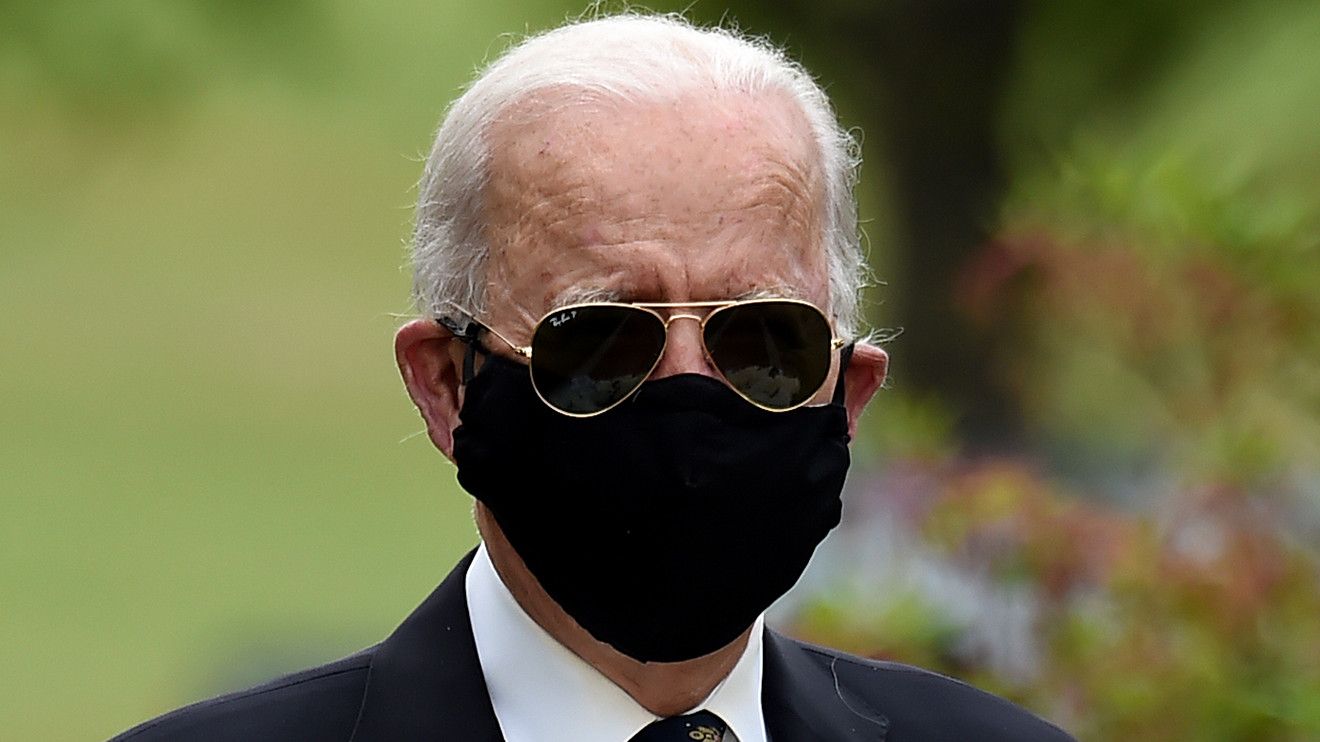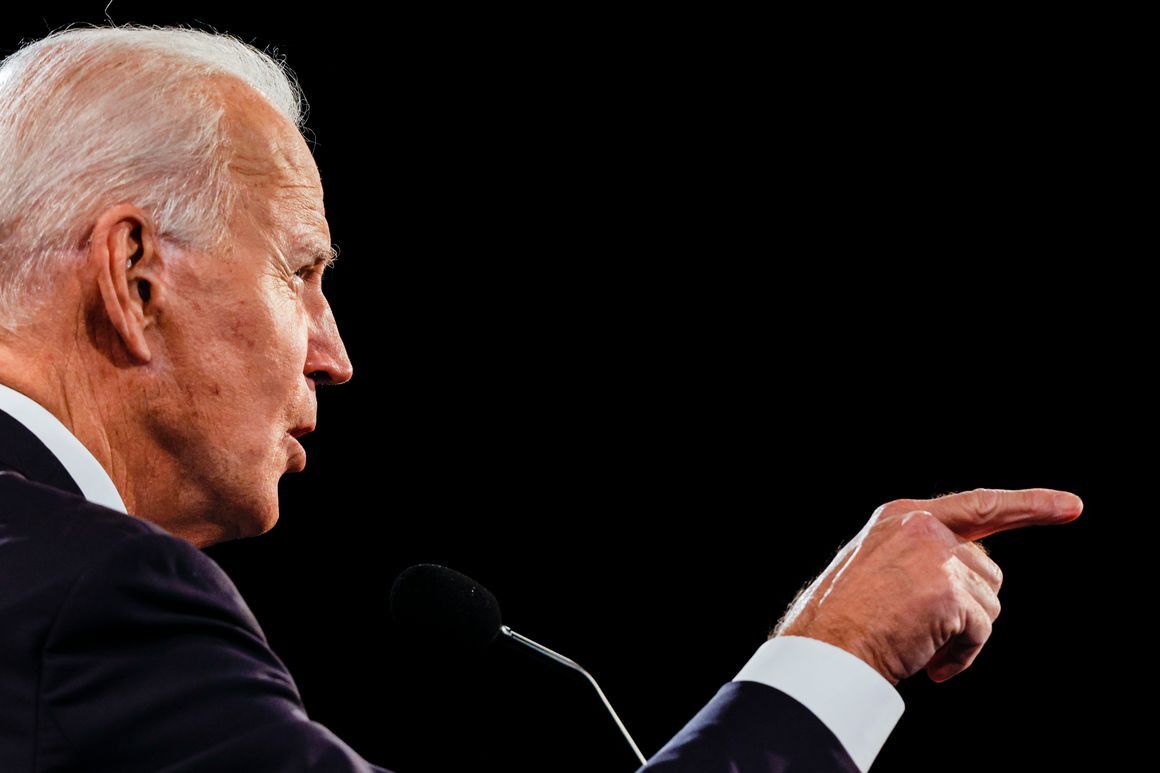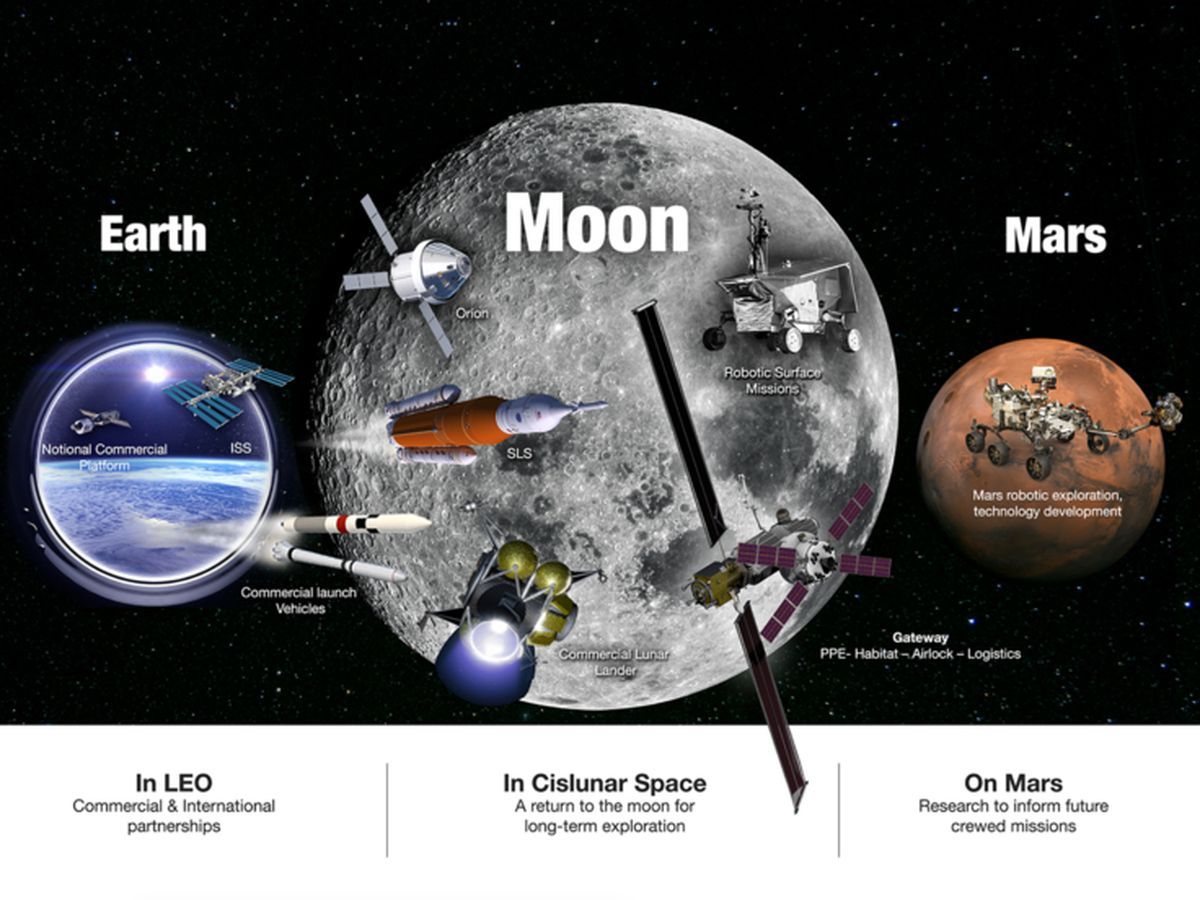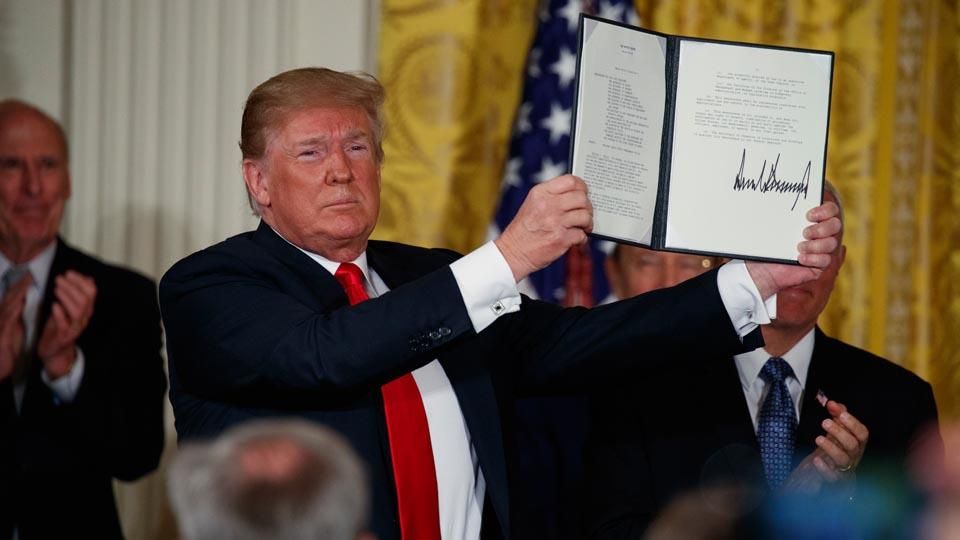Does Biden Take Space Seriously?
Article by Charles Beams March 12, 2021 (politico.com)
• In 2017, President Trump resurrected the National Space Council where senior government and industry leadership would plan and organize the U.S. and the world roles in a new ‘space century’. Putting the Vice President in charge was vital to the council’s integrity. Now, the Biden administration’s decision to assign oversight of space to the National Security Council has fueled speculation that the high-level National Space Council will be discontinued.
• Does Administrator Biden and his senior advisers truly appreciate the gravity of the situation and the opportunities before us in the final frontier? Seventeen industry groups representing hundreds of companies critical to our nation’s space future have recently endorsed keeping the National Space Council. They says that retaining the council “will provide stability and continuity to the United States’ space endeavors, enabling historic exploration and scientific achievement”. Its continuation would reflect that space is indeed a real priority.
• Serious questions regarding space need to be addressed in the next few years. These will require senior attention and active support across the Executive Branch. Should one person, ie: Elon Musk, monopolize the commercial space sector? Or should it be regulated to encourage small business growth in space? How should we encourage fair play among nations in space? How should we respond to anti-competitive Chinese business practices? And how can we prevent the growing menace of space debris from inhibiting future generations’ expansion into space?
• One specific policy issue that the National Space Council would manage is the evolution of the United States Space Force. Space Force is charged with protecting and ensuring free and fair access to space and defending contested domains where commercial companies and developing nations are increasingly operating. Space Force must create a culture to recruit and retain world class intellects and leaders to guide a developing military domain that is more defined by artificial intelligence, autonomous robotics and machine learning, than bullets and bombs. In the coming decades, Space Force must become a military service that understands, partners with, and sometimes puts commercial and civil needs before warfighting requirements. Guidance from the highest levels is essential for the Space Force to be successful.
• To date, however, no senior appointees have been nominated for the most senior space positions, including the NASA administrator or the space policy and space acquisition positions in the Pentagon. Without the high-level attention of a strong National Space Council, low earth orbit will become a no man’s land of discarded satellite and rocket debris, exploited only by the ultra-wealthy. The unique ability of the space sector to promote commerce, enhance international trade, strengthen diplomacy, and prevent military conflict will be lost.
• If the Biden administration cannot see the value in the National Space Council to lead a coherent space policy for a new century, it should disband it. Pretending it is important while assigning it no clear purpose would be a waste of time and resources, and actually hamper progress in space. The decisions the Biden administration makes regarding the National Space Council, Space Force, NASA and commercial space policies will determine whether space will remain a safe, nonpartisan domain for an economy to flourish or will become an inhospitable orbital minefield where only military hegemons joust for supremacy.

The early signs coming from the Biden administration have more than a few of us

worried about its approach to space policy.
The decision to assign oversight of space to the National Security Council has fueled speculation that the high-level National Space Council will be discontinued. And it comes at a time when a similar lack of seriousness by White House Press Secretary Jen Psaki and her flippant comments about the Space Force are playing out in the media.
 The two recent events beg the question: do President Joe Biden and his senior advisers truly appreciate the gravity of the situation and the opportunities before us in the final frontier?
The two recent events beg the question: do President Joe Biden and his senior advisers truly appreciate the gravity of the situation and the opportunities before us in the final frontier?
The rumors of dismantling of the National Space Council should give us all pause. Resurrecting the council in 2017 and putting the vice president in charge was vital to focusing senior government and industry leadership on organizing the U.S. and the world for a space century.
Which is exactly why 17 industry groups representing hundreds of companies critical to our nation’s space future have recently endorsed keeping it. Retaining the council “will provide stability and continuity to the United States’ space endeavors, enabling historic exploration and scientific achievement,” they wrote in their letter to President Biden’s chief of staff. Its continuation would reflect that space is a real priority for our new president.
Serious space questions need to be addressed in the next few years that require senior attention and active support across the executive branch.
FAIR USE NOTICE: This page contains copyrighted material the use of which has not been specifically authorized by the copyright owner. ExoNews.org distributes this material for the purpose of news reporting, educational research, comment and criticism, constituting Fair Use under 17 U.S.C § 107. Please contact the Editor at ExoNews with any copyright issue.



 WASHINGTON — A new National Space Council report argues that the exploration and development of space must be an integrated effort that involves not just NASA but other government agencies, as well as international and commercial partners.
WASHINGTON — A new National Space Council report argues that the exploration and development of space must be an integrated effort that involves not just NASA but other government agencies, as well as international and commercial partners.
